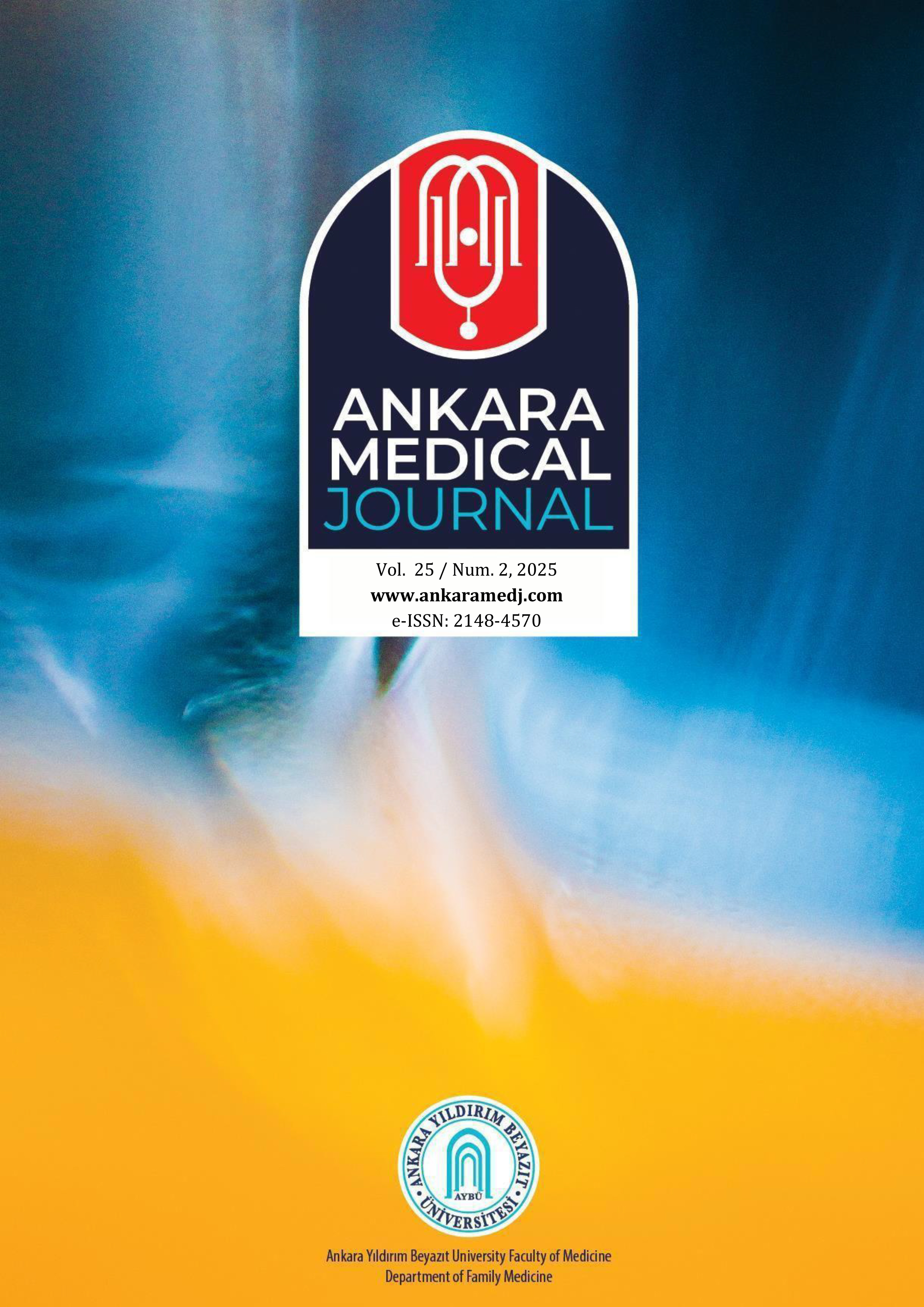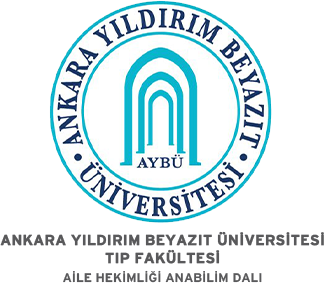Determination of The Efficiency of Menstruation Hygiene Training Given to Trainable Intellectual Disability Adolescent Girls
Ilknur Münevver Gönenç1, Nazan Çakırer Çalbayram2, Sebahat Altundağ3, Ömür Aktaş41Ankara University Faculty of Nursing, Ankara, Turkey2Çanakkale Onsekiz Mart University School of Health, Department of Nursing, Çanakkale, Turkey
3Pamukkale University, Denizli School of Health, Department of Nursing, Denizli, Turkey
4Gazi University Hospital, Ankara, Turkey
INTRODUCTION: This study aimed to evaluate the efficiency of menstruation hygiene training given to trainable intellectual disability adolescent girls.
METHODS: The study was conducted as a pretest-posttest quasi-experimental study. It was carried out with educable intellectual disability adolescent girls attending a Special Education and Application Center (School) located in the central county of Ankara province. The study was completed with 25 participants. Data were collected through a personal information form and menstrual skills assessment form. The researchers given education to participants to gain sanitary pad replacement skills. The menstrual pad replacement skills of them were followed before and after the training. The follow-ups were extended to the first and the sixth month after the training. Data were evaluated by computer.
RESULTS: The mean age of the participants in the study was 16.56 ± 1.00 (14-18). All of them had already got periods. Their menstrual process was found to be in the normal cycle. The median score for pre-interventional pad replacement skill was 16.00 (minimum: 0- maximum: 36). The post-interventional score for the first follow-up was 36.00 (minimum: 22- maximum: 36), it was 36.00 (minimum: 24- maximum: 36) in the second follow-up, and the difference was found strong evidence in support of the alternative hypothesis (p<0.001).
DISCUSSION AND CONCLUSION: It was revealed that the training given trainable intellectual disability adolescent girls by nurses by using video and dolls was an effective method for having intellectual disability adolescents gain pad replacement skills.
Öğretilebilir Zihinsel Engelli Kız Ergenlere Verilen Menstruasyon Hijyen Eğitiminin Etkinliğinin Belirlenmesi
Ilknur Münevver Gönenç1, Nazan Çakırer Çalbayram2, Sebahat Altundağ3, Ömür Aktaş41AnkaraÜniversitesi Hemşirelik Fakültesi Ebelik Bölümü, Ankara, Türkiye2Çanakkale Onsekiz Mart Üniversitesi Sağlık Bilimleri Fakültesi Hemşirelik Bölümü, Çanakkale, Türkiye
3Pamukkale Üniversitesi Sağlık Bilimleri Fakültesi Hemşirelik Bölümü,Denizli, Türkiye
4Gazi Üniversitesi Hastanesi, Ankara, Türkiye
GİRİŞ ve AMAÇ: Öğretilebilir zihinsel engelli kız ergenlere verilen menstruasyon hijyen eğitiminin etkinliğinin değerlendirmektir.
YÖNTEM ve GEREÇLER: Çalışma pre-post test yarı deneysel çalışma olarak yürütüldü. Araştırma Ankara il merkezinde bir Özel Eğitim İş Uygulama Merkezinde (Okulu) bulunan öğretilebilir zihinsel engelli ergen (ÖZEE) kız öğrencilerle yapıldı. Çalışma 25 ÖZEE ile tamamlandı. Verileri tanıtıcı bilgi formu ve menstruasyon beceri değerlendirme formu aracılığıyla toplandı. Araştırmacılar tarafından katılımcılara hijyenik ped değiştirme becerisi kazandırmak için eğitim verildi. Eğitim öncesi ve sonrası kız öğrencilerin ped değiştirme becerileri izlendi. İzlemler eğitimden bir ay sonra ve altı ay sonra yapıldı. Veriler bilgisayar ortamında değerlendirildi.
BULGULAR: Çalışma kapsamındaki ÖZEE yaş ortalamalarının 16,56±1,00 (14-18), hepsinin adet gördüğü (25 kişi), adet olma durumlarının normal döngüde olduğu belirlendi. Eğitim öncesi ped değiştirme becerisi ortanca puanı 16,00 (Min: 0- Maks: 36), eğitim sonrası birinci izlemde 36,00 (Min: 22- Maks: 36), ikinci izlemde 36,00 (Min: 24- Maks: 36) olup fark istatistiksel olarak anlamlı bulundu (p<0,001).
TARTIŞMA ve SONUÇ: ÖZEElere hemşireler tarafından video ve oyuncak bebek kullanılarak verilen eğitimin, zihinsel engelli adölesanların ped değiştirme becerilerini kazandırmada etkili bir yöntem olduğunu ortaya koymuştur.
Manuscript Language: English
(1322 downloaded)





